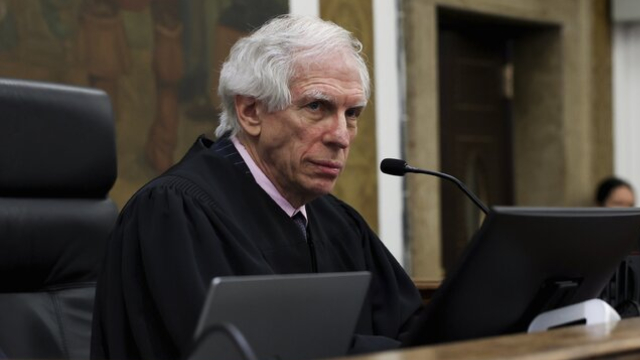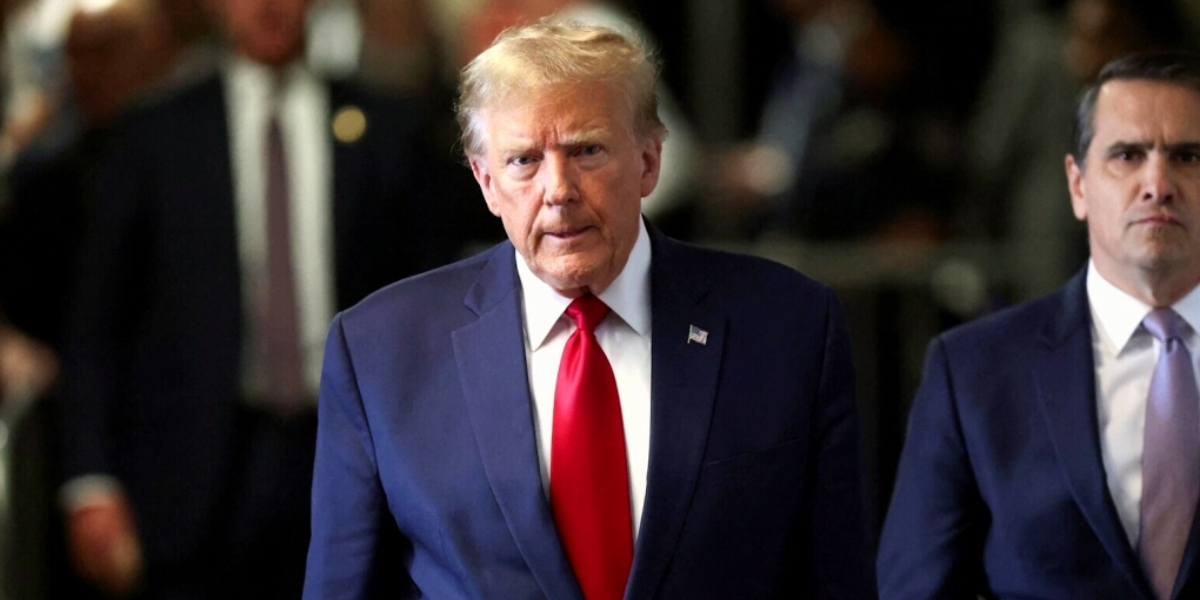The judge, who mandated that ex-President Donald Trump settle $354 million in fines and nearly $100 million in interest in his New York civil fraud case, rejected a plea from Trump’s attorneys to postpone the formalization of his decision.
Judge Arthur Engoron of the New York State Supreme Court informed Trump’s legal team and the New York Attorney General’s Office via email on Thursday that he would endorse a judgment presented by the state, thereby concluding his ruling.
He responded to Clifford Robert, the counsel for Trump, saying, “You have failed to explain, much less justify, any basis for a stay. I am confident that the Appellate Division will protect your appellate rights.”
Engoron’s ruling last Friday mandated that Trump and the Trump Organization pay $453.5 million in fines and interest for masterminding a ten-year plan to inflate asset values in order to secure better terms on loans and insurance.
He declared that an impartial monitor would supervise the business for the same period of time and prohibited them from applying for loans from New York financial institutions for three years. Additionally, Trump has a three-year restriction from holding any position as an officer or director of any company based in New York.
Several additional defendants, including Trump’s two eldest sons, were subject to a range of fines and sanctions as part of the ruling.
In addition to vehemently denouncing Engoron and New York Attorney General Letitia James, Trump has threatened to appeal the decision and claimed that they brought the civil lawsuit for political purposes.
 The fines outlined in Engoron’s decision were laid out in a proposed judgment released by the attorney general’s office on Tuesday.
The fines outlined in Engoron’s decision were laid out in a proposed judgment released by the attorney general’s office on Tuesday.
A letter to Engoron from Robert, Trump’s lawyer, expressed his disapproval of the plan, calling it a “improper, unilateral submission” that “fails to provide any notice whatsoever, thereby depriving Defendants of the opportunity to be heard before judgment is entered.”
In a separate letter, Trump’s attorneys requested that Engoron delay the enforcement of the judgment for 30 days, citing the desire to “allow for an orderly post-Judgment process, particularly given the magnitude of Judgment.”
“Accurately reflects the spirit and letter of the February 16 Decision and Order,” was the response Engoron sent via email. He added that he “intend[s] to sign the proposed judgment this morning and to send it to the Clerk for further processing.”
Thursday morning, Robert entered one last plea, stating that although the “prejudice to the defendants is considerable,” “there is no exigency or potential prejudice to the attorney general from a brief stay of enforcement of the Judgment.”
Declaring that Trump’s lawyer had “failed to explain, much less justify, any basis for a stay,” the court denied his request to halt the application of his decision.
According to John Coffee, a law professor at Columbia University and an authority on corporate governance and white collar crime, Trump would have to post a bond equal to the $354 million in penalties in order to appeal the judge’s ruling.
When the decision was made last week, Coffee told CBS MoneyWatch, “That will be costly.” “Some banks will post the bond for him, for a hefty fee, but they will want security that they can liquidate easily, and that may require some sale of some of his assets.”
James stated to ABC News earlier this week that she is ready to request that a judge “seize his assets” in the event that Trump lacks the money to pay the $354 million fine.
“We are prepared to make sure that the judgment is paid to New Yorkers,” James stated.












Leave a Reply